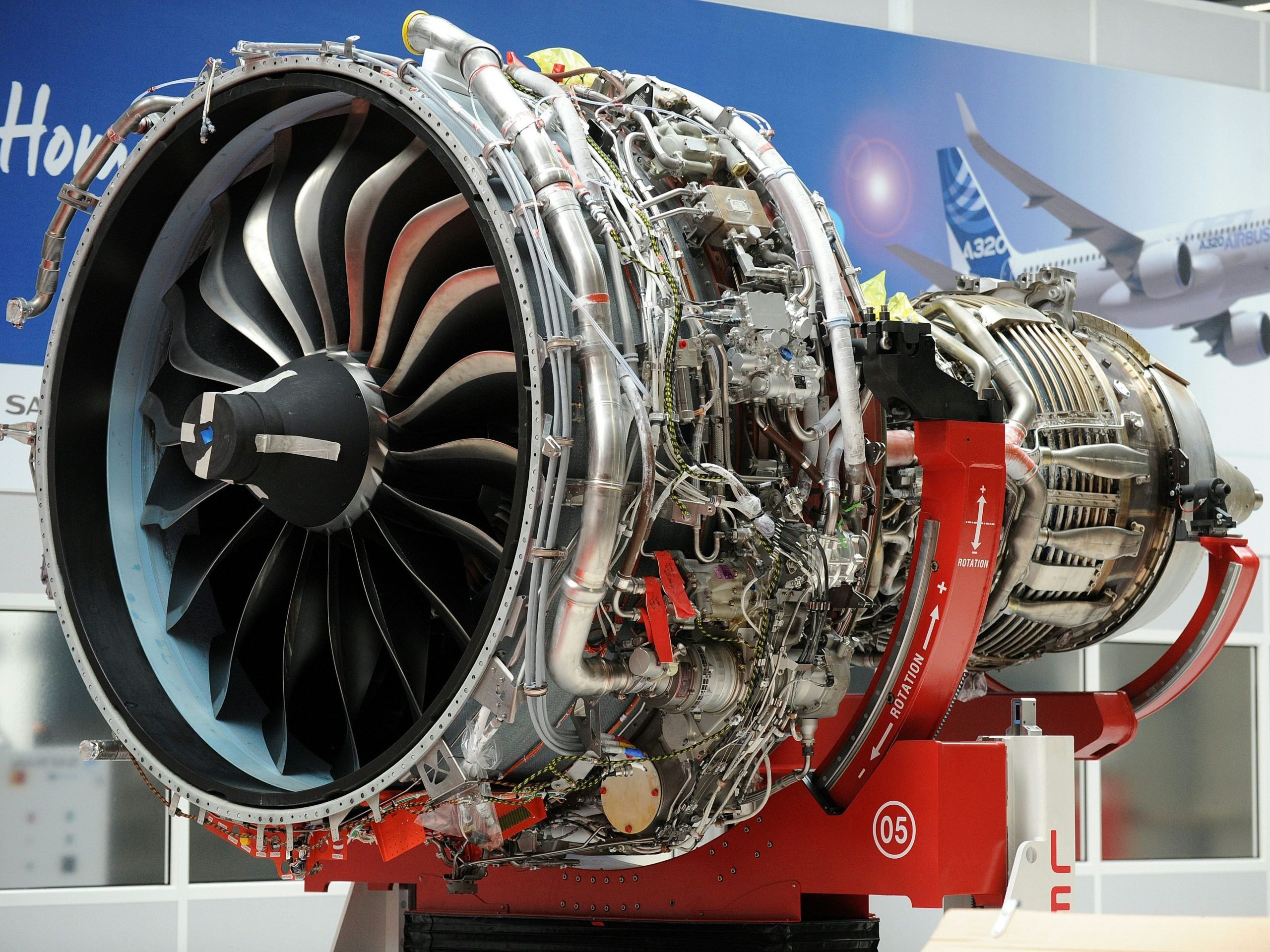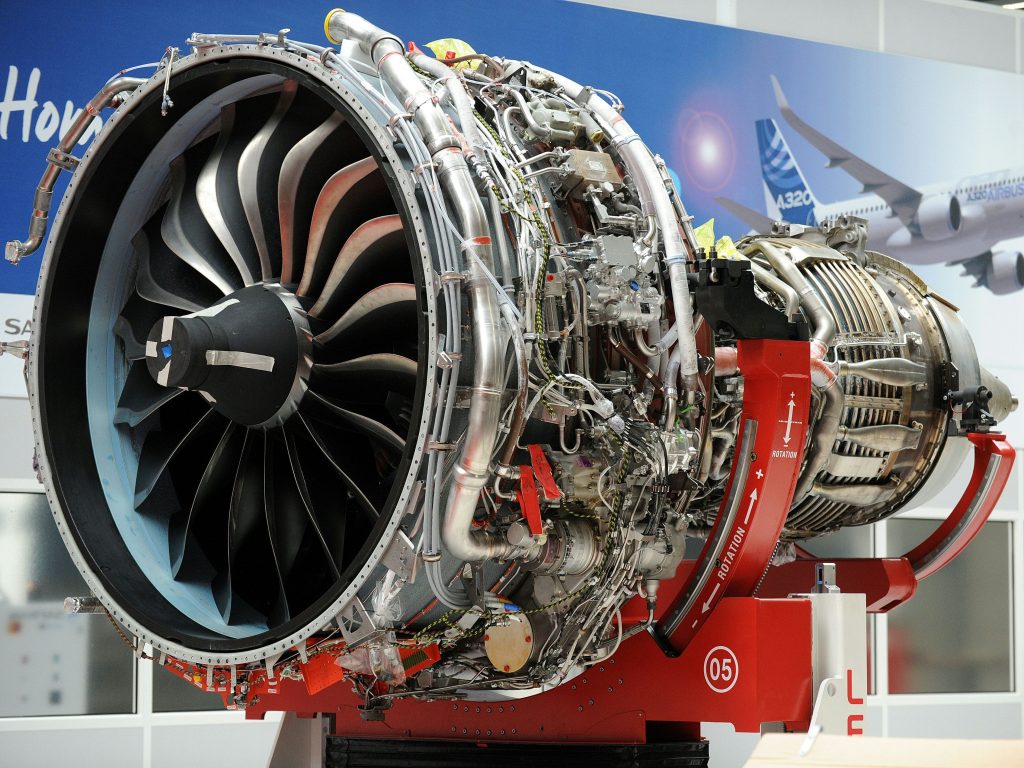
- A Chinese spy was convicted on US soil of crimes involving attempted trade secret theft, the DoJ said Friday.
- Yanjun Xu tried to steal trade secrets from GE Aviation and other leading aviation groups, prosecutors said.
- Xu faces up to 60 years in prison and fines of more than $10 million, per the DoJ.
A Chinese spy was convicted on US soil of crimes involving the attempted theft of trade secrets from American aviation companies, the US Department of Justice (DoJ) said Friday.
The spy, Yanjun Xu, is the first Chinese intelligence officer to be extradited to the US to stand trial, the DoJ said. He was convicted by a jury of conspiring to and attempting to commit economic espionage and steal trade secrets.
Xu used "classic spy techniques" as he tried to "steal the valuable innovation and trade secrets of industry-leading American aviation technology companies," acting US attorney Vipal Patel said Friday.
FBI assistant director Alan Kohler said Xu's conviction should be "a wakeup call" that China was "stealing American technology to benefit their economy and military."
Prosecutors said that from at least December 2013, Xu paid US industry experts to travel to China under the guise of giving university presentations, covering their travel expenses and a stipend.
Xu tried to steal technology related to GE Aviation's composite aircraft engine fan, which no other company in the world has been able to duplicate, the DoJ said.
Xu targeted a GE Aviation employee based in Cincinnati, Ohio, the DoJ said. The employee, working with the FBI, later travelled to Belgium to meet Xu. Xu was arrested in Belgium on April 1, 2018, and was later extradited to the US.
Xu was convicted of two counts of conspiring and attempting to commit economic espionage, two counts of attempted theft of trade secrets, and one count of conspiracy to commit trade secret theft. He faces up to 60 years in jail and fines that could together be as high as $10.75 million.
